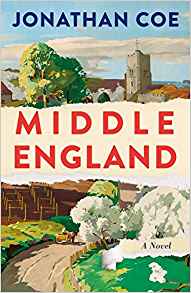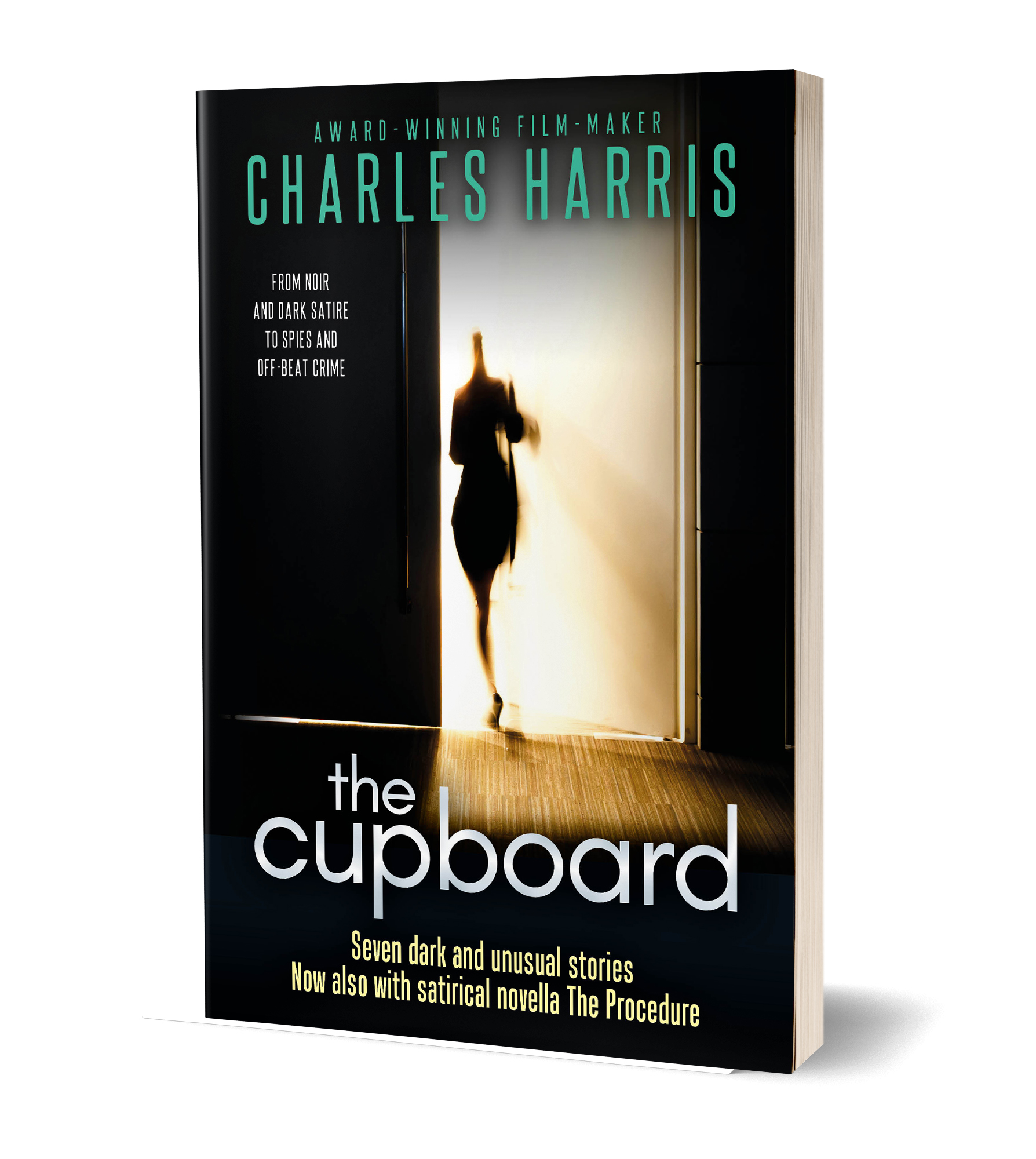They warned us! Review: Middle England by Jonathan Coe
05 Wednesday Dec 2018
Tags
Review: Middle England by Jonathan Coe
They warned us. We were making a film for the British car makers British Leyland in their Midlands Longbridge factory. But the camera crew was using an estate car made by another company. A “foreign” car.
In those days, if you parked a foreign car in the sprawling factory grounds that dominated life in Birmingham, you had every chance of coming back to find a patriotic worker had scraped along the paintwork with a Stanley knife.
The car survived but the factory has now gone – most of the sprawl converted into shops and flats – and the ex-workers doubtless now drive Fords, Toyotas and Hondas.
And – if we believe Jonathan Coe’s new novel Middle England – they voted Leave.
Middle England – satire or not?
Critics have described Middle England as a Brexit satire. But is it?
When I asked Coe, he said there are only five satirical chapters out of a total of forty-five. The rest are broad comedy. (More on this later).
Satire, he went on, is one of the causes of Brexit in the first place. It’s satirists who belittled the governing class, making voters rebel against what they saw as a failed elite.
Presumably, the satirists were also to blame for the food banks, hospital waiting lists, jailed MPs, MPs lying about their expenses, MPs lying about everything else, boarded-up high streets and, indeed, the disappearance of the British car industry.
It seems satirists have a lot to answer for.
In any case, Coe does himself a disservice, as he is one of the finest satirists writing today.
But therein lies the rub.
Middle England is the third part of a trilogy of novels. Benjamin Trotter, a failing writer who appeared in The Rotters’ Club and The Closed Circle, is now middle-aged and we find him living on his own in a converted mill house in the Midlands, at the time of Gordon Brown’s “bigoted woman” gaffe during the 2010 election campaign.
(This is very much a book about middles – a conceit of which Coe is very proud).
Around Trotter circle a cast of socially representative characters. Each has their own hang-ups, but all are sucked into the gathering storm that will become Brexit.
And the story ends eight years later – with the last part taking place six months after Coe actually finished writing it. Something which caused him a personal dilemma: he wanted Brexit reversed, but not before November so as to ruin his book’s ending.
Fluency and passion
Coe has written about the problems of writing a “topical” novel. Will posterity care about Esther McVey or who cut Gordon Brown’s hair?
Ironically, though, it’s the topical events that burst into life – crackling with fluency and humour.
Some reviews have criticised Middle England for being one-sided. Certainly, Coe is keen to poke fun at the racist attitudes of the “nicer” Middle-English classes. And sometimes does so with some (frankly) heavy-handed dialogue.
But what shines through in this state-of-the-nation novel is Coe’s passion.
As in his previous novels, he writes with emotion about the hypocrisy of those who run the country – and the lives they ruin. He writes powerfully about the way the governing class allowed British industry to decay. And he creates, in Trotter’s retired car-worker father, a character of real sympathy and pathos.
Broad comedy?
Less successful are the subplots which he presumably intends to be more “universal.” Broadly comic story-lines about faltering marriages, middle-aged sexual frailties and petty feuds. These feel more conventional and formulaic.
The irony is that a great writer – and Coe can at times be great – achieves universality when he is most specific. And for all his doubts about satire, it’s when he cuts the hypocrites down to size that his talent is really engaged.
If Middle England is remembered by posterity, it will surely be because of the satire and the specifics – not in spite of them.
Read more
Middle England by Jonathan Coe
Jonathan Coe: can fiction make sense of the news?
The origins and meaning of the phrase Middle England – Wikipedia


Tell people what you think